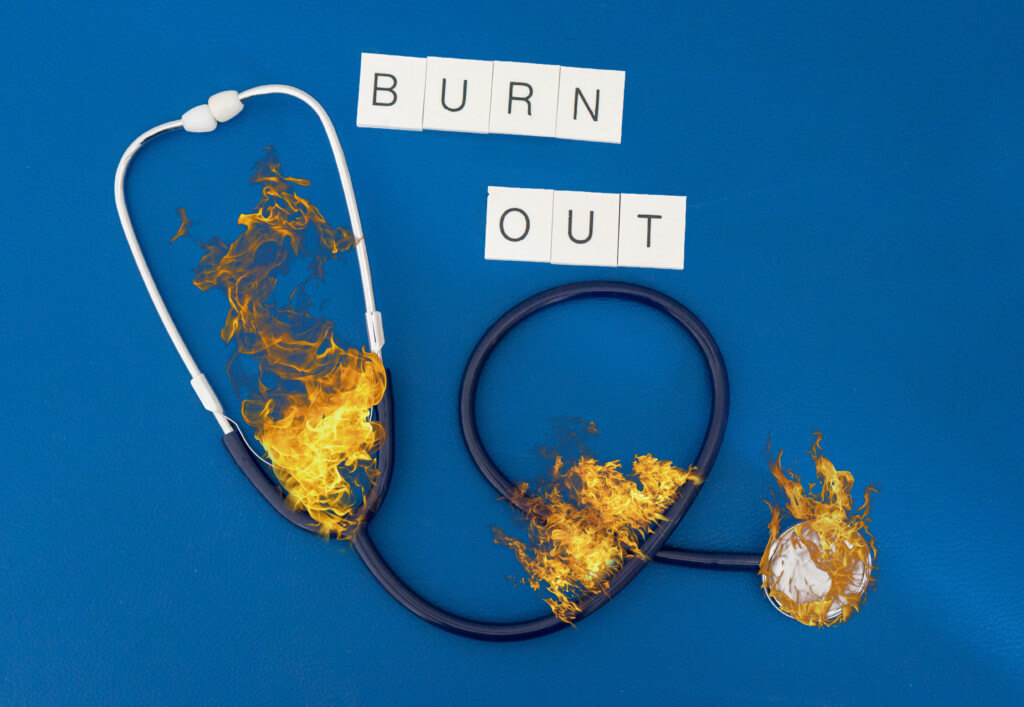Physician Burnout: Does it Impact Patient Experience and Reduce Patient Safety?
“Burnout” has become a buzzword in the healthcare industry and is defined as a work syndrome that has three key components: emotional exhaustion, depersonalization, and a lack of personal accomplishment.
Physician burnout is at an all-time high and has risen to alarming levels, according to a recent study done by Mayo Clinic.
The results show that over 60 percent of physicians surveyed reported at least one symptom of burnout at the end of 2021 and the beginning of 2022. Only 30 percent felt satisfied with their work-life balance, compared with 43 percent five years earlier.
Burnout has the potential to jeopardize quality of care and patient outcomes
Burnout doesn’t just take a toll on physicians, but also on patients, and the entire healthcare industry. As these symptoms of burnout linger, they wreak havoc on the patient-provider relationship and erode the patient experience.
Burned out physicians are more likely to make errors that could result in patient safety concerns.
A recent study shows that physician burnout was associated with double the risk of patient safety incidents compared with no patient safety incidents.
Burn out can also result in a loss of empathy for patients which could have a dangerous impact on the patient-provider relationship.
As doctors experience burnout, they don’t have the emotional capacity to connect with patients properly which results in poor patient-provider interaction, and patients seeking care simply do not want to interact with a doctor who is unhappy, distracted or too exhausted.
One of the main reasons that contributed to the physician burnout was that rather than focusing on patient relationships and treating the patient, there was heavy workload regarding performing administrative tasks like spending hours each day with EHRs for documentation requirements and paperwork.
Physician burnout is prevalent across healthcare settings and should be a top priority for all health systems and policy makers, because burnout not just affects the physician but also poisons patient experience.

Helping physicians combat burnout
The mental well-being of physicians is vital for all healthcare systems, and for patient quality of care, because healthy, engaged physicians generally provide better care than unhealthy, exhausted physicians.
According to AccessNurse’s data, our clients’ primary objectives for having our service is to relieve their providers of after-hours call duty so their providers experience a healthy work-life balance.
Healthcare systems leveraging AccessNurse Telephone Triage service have seen success in guiding their patients to the appropriate level of care and also help to address physician burnout by minimizing physicians after hours and on-call responsibilities.
By utilizing a telephone nurse triage service, physicians can ensure that their patients are receiving quality care and timely guidance by a highly qualified telephone triage nurse based on the gold standard Schmitt-Thompson triage guidelines.
Roadmap for change by increasing awareness
There is no single solution to eliminate physician burnout, but changing the mindset that physicians are always supposed to be “resilient” and being aware of this issue is the first step towards change.
Providing them with good work-life balance, allowing them to recharge themselves, and assistance for stress management can help many physicians.
If we don’t take action right away, tragically, a lot of dedicated and enthusiastic doctors will burn out, and some may decide to change their career, which will lead to a loss of expertise for patients and a reduction in patient safety.
AccessNurse continues to stand united with our healthcare partners to ensure quality patient care. If your organization needs support with nurse triage calls during this fall season, click here to start your journey with AccessNurse.



